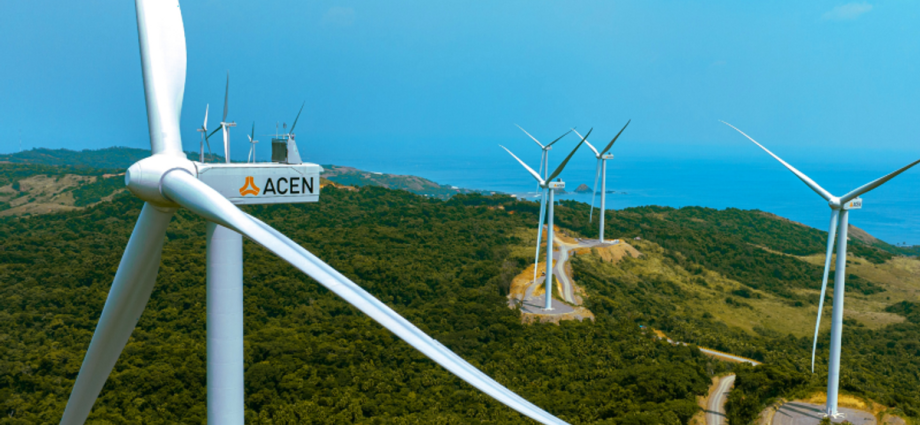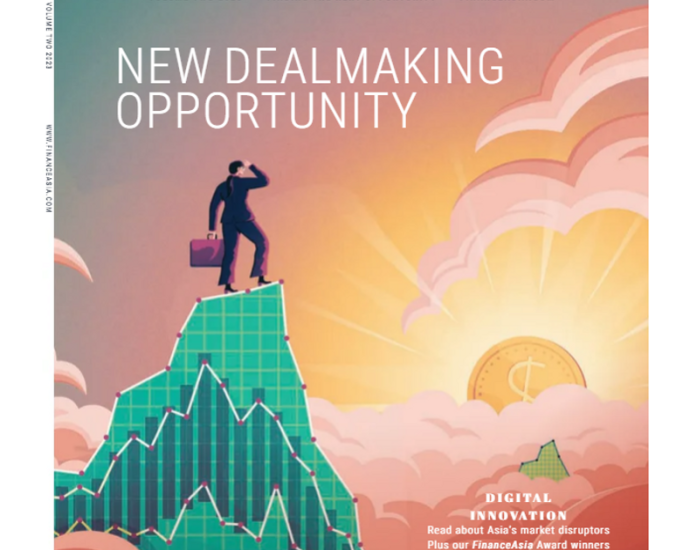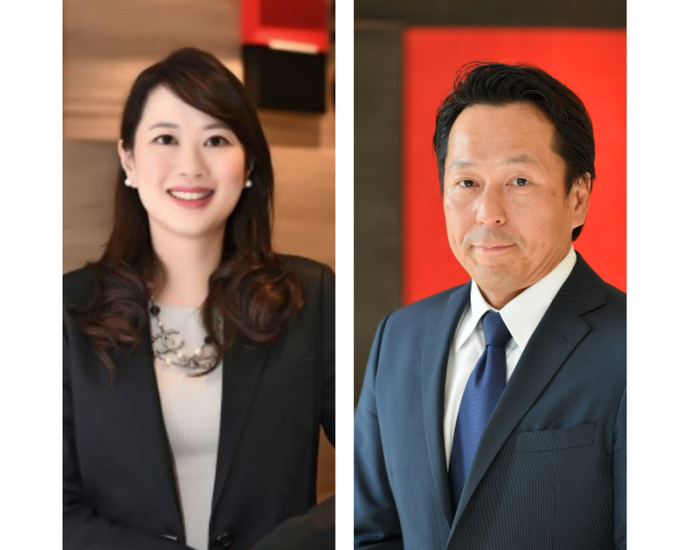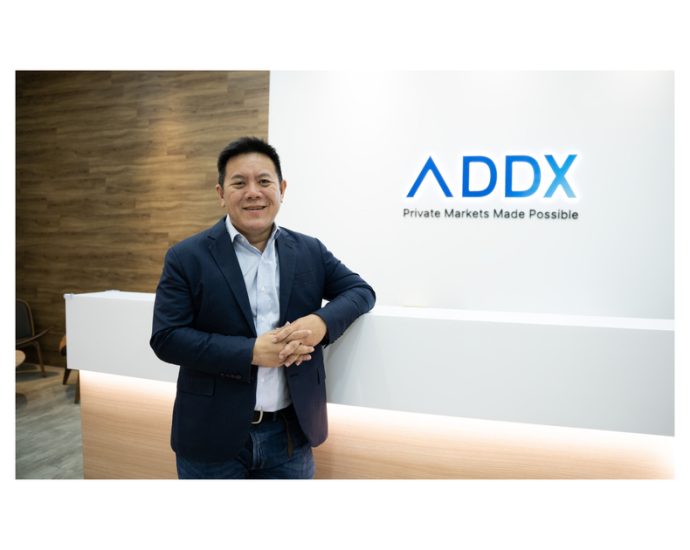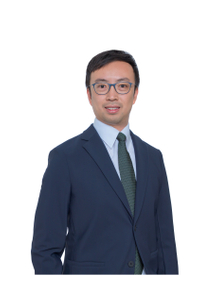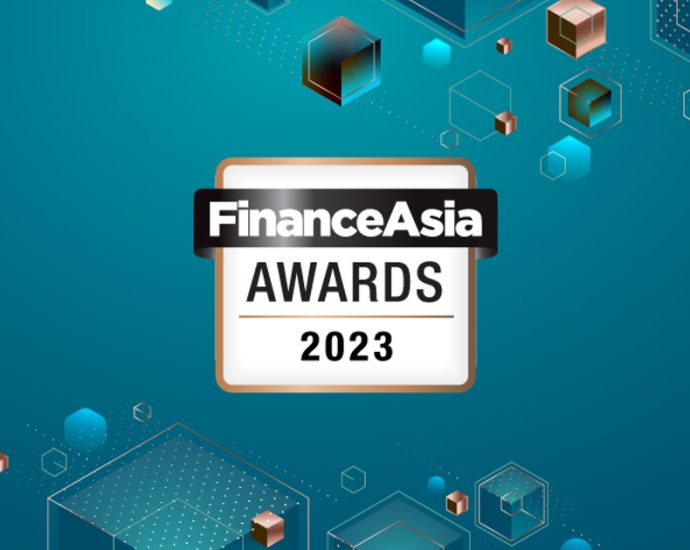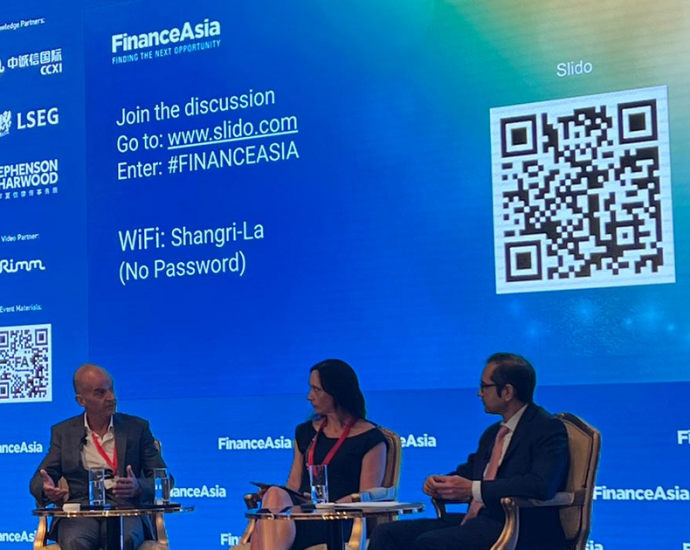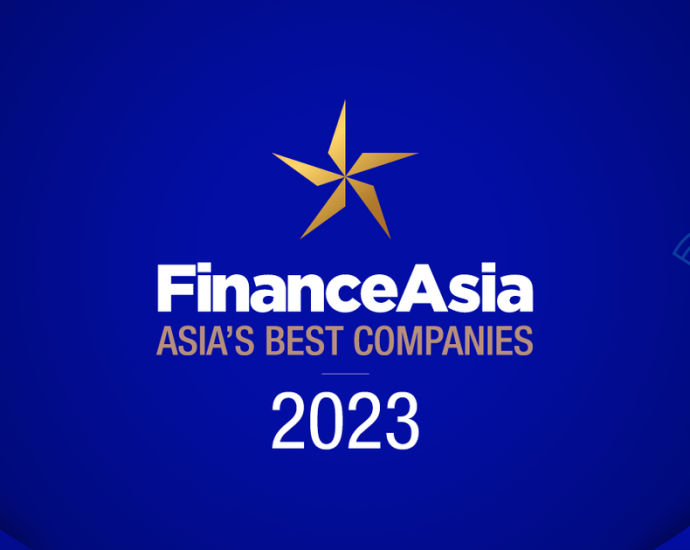Ayalaâs path to an ESG driven business | FinanceAsia

With several ESG-backed initiatives in recent years, the Philippines-based conglomerate Ayala has solidified its commitment to sustainability. Operating across verticals including energy, finance, infrastructure, and real estate, Ayala has committed to net zero greenhouse emissions by 2050. The conglomerate’s energy wing ACEN recently created the world’s first energy transition mechanism (ETM) in November 2022, backed by BPI and RCBC.
On the social front, Ayala’s GCash app and BPI’s BanKo have played pivotal roles in financial inclusion for unbanked Filipinos and small to medium size enterprises. BPI and Globe are currently reviewing their framework to consciously focus on these areas.
When it comes to governance, Ayala’s boards are working towards an appropriate level of diversity and independence. This involves maintaining high standards when it comes to transparency and disclosure.
The 190-year-old company’s social and sustainability initiatives have a long history. Albert de Larrazabal, CFO at Ayala Corporation said, “We have always aligned ourselves to national interest and had very high standards of governance and stewardship. As we must be mindful of the ecosystems we operate under, ESG in various forms has always been part of our value proposition.”
Ayala’s approach to ESG
Today, ESG-based financing is a priority for Ayala. Apart from ACEN’s implementation of the world’s first ETM, Ayala has issued a social bond with the IFC in support of its cancer hospital. Larrazabal said, “We are looking to do KPI-linked social and ESG financing, which incorporates targets into the commercial terms and conditions of the loan.”
Even during the M&A process, the conglomerate is mindful of integrating new acquisitions into its ESG framework. Ayala has also taken steps to ensure that ESG is a priority that is ingrained at the highest levels of the organisation, leveraging its membership with the World Business Council for Sustainable Development (WBCSD). The conglomerate’s board has received training which ensures they can play an active role in tracking and monitoring developments in the ESG space.
Corporates making public commitments to sustainability draw a lot of attention, not all of it positive. Asked how Ayala approaches concerns about greenwashing, Larrazabal said, “Sometimes it happens inadvertently because of incorrect measurements. That’s why we brought in South Pole. We have taken steps to ensure we are on the right track by committing to independent verification, to give people a degree of reassurance.”
Building a model for the APAC region
While the need for sustainable leaders is strongly felt across APAC, many countries in the region have a minimal contribution to emissions — the Philippines emits half the global average on a per capita basis. Larrazabal said, “Between 80% to 88% of our emissions — depending on individual businesses — are scope 3.” These emissions are defined as the result of activities from assets not owned or controlled by a reporting organisation, but which are a part of its value chain. Larrazabal said, “Our scope 3 is somebody else’s scope 1 and scope 2. We need an environment that enables, incentivises, and if that fails, penalises those who disregard scope 1 and 2.”
Many emerging markets grapple with issues similar to those facing the Philippines — adopting renewable energy, while meeting the demands of a growing population and economy. As a result, ETM-like arrangements may be embraced to a greater extent. Asked for his advice on managing such a transaction, Eric Francia, president and CEO at ACEN said, “It is important for investors to reconsider their position on coal, so long as the principles are well understood. One may be investing in a coal plant, but for a good purpose, which is enabling its early retirement.”
Offering a financial perspective on the ETM, TG Limcaoco, president and CEO Bank of Philippine Islands added, “We provided lending and brought in other institutions. We took reduced rates of returns for equity and debt exposure, which allowed us to shorten the life of the plant by 10 to 15 years. It is a big win for everyone involved.”
For more on Ayala’s adoption of ESG and a deeper insight into the world’s first ever ETM, please watch the accompanying video.
¬ Haymarket Media Limited. All rights reserved.

